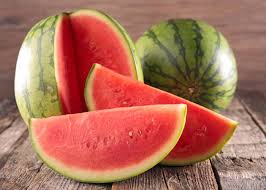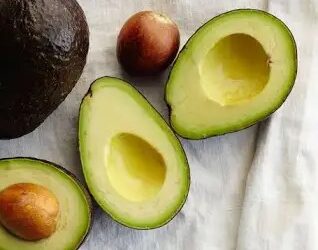Introduction
In the pursuit of a healthy lifestyle, weight loss often becomes a central focus for many individuals. However, achieving sustainable weight loss requires more than just fad diets or quick fixes. One crucial factor that plays a pivotal role in successful weight management is understanding calories and energy balance. In this article, we will delve into the fundamentals of weight loss, shedding light on the importance of calorie intake, energy expenditure, and the significance of maintaining a balance between the two.
Keywords: weight loss, calories, energy balance, sustainable weight management, calorie intake, energy expenditure.
Understanding Calories: The Key to Weight Loss
Calories are the units of energy found in food and beverages that provide fuel for our bodies. When we consume more calories than we burn, our bodies store the excess energy as fat, leading to weight gain. Conversely, when we consume fewer calories than we burn, our bodies tap into stored fat for energy, resulting in weight loss.
Keywords: calories, energy, food, beverages, weight gain, weight loss, stored fat.
Energy Balance: Striking the Right Equation
Energy balance is the relationship between the calories consumed through food and the calories expended through physical activity and bodily functions. To achieve weight loss, it is essential to create a calorie deficit by consuming fewer calories or increasing physical activity to burn more calories, or ideally, a combination of both.
Keywords: energy balance, calories consumed, calories expended, calorie deficit, physical activity.
Caloric Intake: Quality vs. Quantity
When it comes to weight loss, the quality of calories consumed is as important as the quantity. Filling your diet with nutrient-dense foods such as fruits, vegetables, lean proteins, whole grains, and healthy fats not only helps control calorie intake but also provides essential nutrients, vitamins, and minerals vital for overall health.
Keywords: caloric intake, nutrient-dense foods, fruits, vegetables, lean proteins, whole grains, healthy fats, essential nutrients.
Energy Expenditure: Beyond the Gym
While physical activity plays a significant role in weight loss, it is essential to understand that energy expenditure extends beyond structured exercise sessions. Daily activities such as walking, climbing stairs, gardening, and household chores also contribute to burning calories. Incorporating more movement into your daily routine can boost energy expenditure and facilitate weight loss.
Keywords: #energy expenditure, #physical activity, #structured exercise, #walking, #climbing stairs, #gardening, #household chores, #movement.
The Role of Metabolism
Metabolism, the process by which our bodies convert food into energy, varies from person to person. Factors such as age, gender, body composition, and genetics influence our metabolic rate. While we cannot control our genetics entirely, certain strategies like strength training and consuming adequate protein can help increase metabolism and support weight loss efforts.
Keywords: #metabolism, #energy conversion, #age, #gender, #body composition, #genetics, metabolic rate, #strength training, #protein.
Finding Your Balance: Tips for Successful Weight Loss
- Track your calorie intake: Keeping a food diary or using mobile apps can help monitor your daily calorie consumption and make you more mindful of your eating habits.
- Be physically active: Engage in a mix of cardiovascular exercises, strength training, and incorporate more movement throughout the day.
- Portion control: Pay attention to portion sizes to avoid overeating. Use smaller plates, bowls, and cups to manage portions effectively.
- Seek professional guidance: Consulting a registered dietitian or a healthcare professional can provide personalized guidance, help set realistic goals, and create an effective weight loss plan.
Keywords: #track calorie intake, #food diary, #mobile apps, #physical activity, #cardiovascular exercises, strength training, #portion control, #professional guidance, #realistic goals.
Conclusion
Understanding the basics of weight loss, specifically calories and energy balance, is essential for successful and sustainable weight management. By creating a calorie deficit through a combination of healthy eating and increased physical activity, individuals can embark on a journey towards achieving their weight loss goals. Remember, long-term success lies in adopting a balanced lifestyle that promotes both physical and mental well-being.
Keywords: #weight loss, #calories, #energy balance, #sustainable weight management, #calorie deficit, #healthy eating, #physical activity, #balanced lifestyle.































